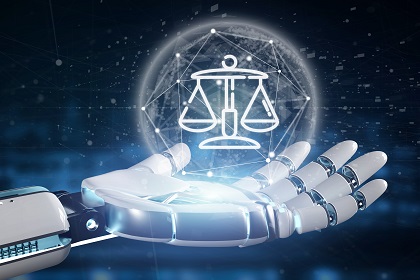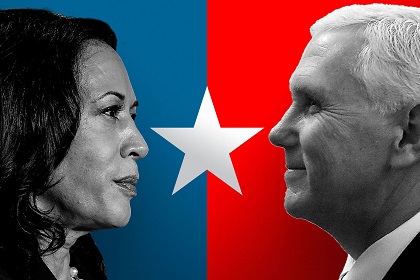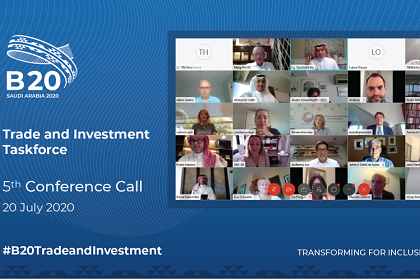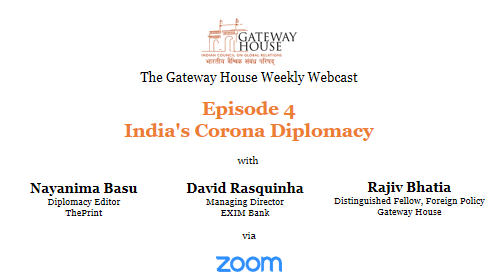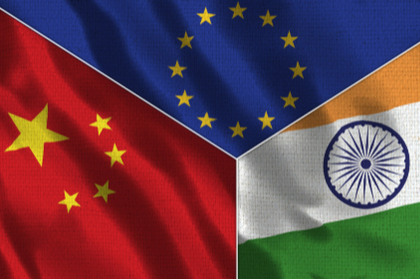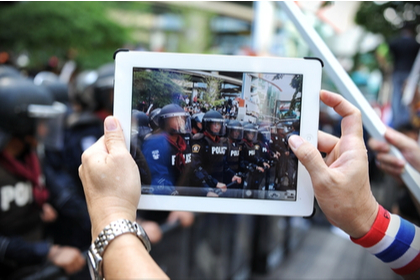A model for global data regulation
Individuals now generate copious amounts of personal data everyday – both online and offline. Devices and infrastructure extract data, which can be shared instantly across borders with diverse entities - without consent. It is imperative that countries come together to create regulations to protect individuals who are unable to control how their data is shared and processed. A model already exists in the Paris Climate Agreement.

